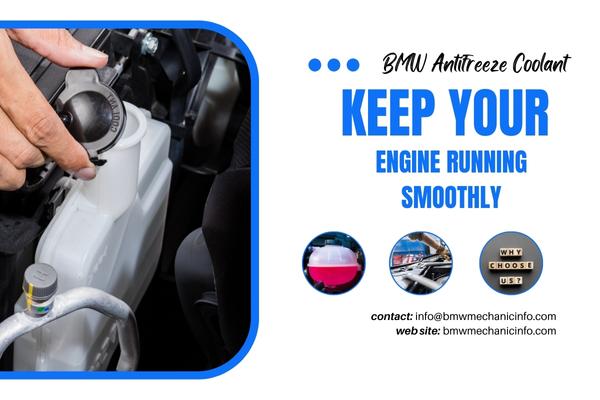BMW antifreeze coolant is a liquid that maintains your engine’s optimal temperature for peak performance. It helps prevent your car from overheating during summer days and keeps its core components warm during wintertime.
On the market, there are two main categories of coolant: hybrid organic acid technology( HOAT) and organic acids themselves.
What is BMW antifreeze coolant?
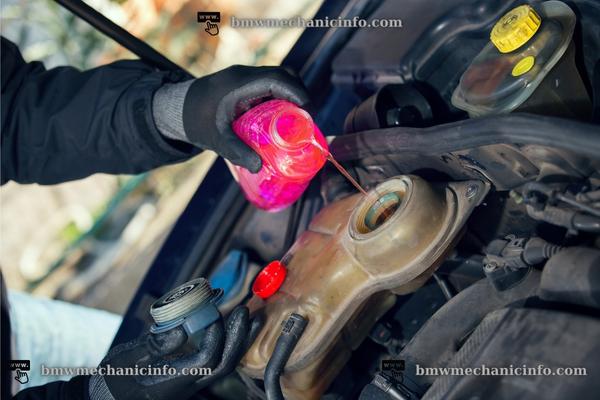
BMW antifreeze coolant is a high-grade, concentrated solution to safeguard your engine against overheating and freezing during wintertime. It has water and ethylene glycol, which raises the liquid’s boiling temperature while lowering its freezing point.
Additionally, this system helps protect the passages within your cooling system from rusting too quickly. Corrosions can damage your car’s engine or even lead to an accident so being proactive is vital!

Most coolants are composed of ethylene glycol and water. However, some modern vehicles utilize a mixture of ethylene glycol, silicates, or phosphates to protect metal parts in the engine and cooling system from corrosion.
Three different kinds of coolants are currently offered on the market: hybrid organic acid technology( HOAT), organic acetate technology, and inorganic acid technique( IAT). Most OAT and HOAT coolants boast extended life capabilities; they typically last five years or 150,000 miles before replacement is necessary.
How does it work?
BMW antifreeze coolant is a specially formulated solution to keep your vehicle’s engine and cooling system functioning optimally. It helps prevent overheating, shields against corrosion and boosts the efficiency of your water pump. Additionally, it reduces heat transfer rates and lubricates the cooling system’s metal components, making it an ideal choice for your car.
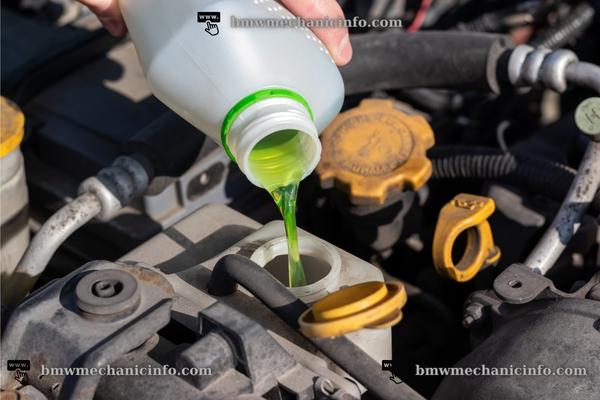
The cooling system circulates coolant through the radiator and expansion tank to maintain your car’s engine at an ideal temperature. It accomplishes this using a number of mechanisms, including water pumps and thermostats.
BMW antifreeze coolant is a mixture of water and chemicals, such as ethylene glycol, that help lower the liquid’s freezing point. Additionally, it contains corrosion inhibitors to guard against rust and other forms of damage.
Why should I use BMW antifreeze coolant?
Coolant, or antifreeze as it’s commonly known, helps your BMW run efficiently over time. It does this by controlling the heat generated by your engine and keeping it at a safe level to prevent corrosion.
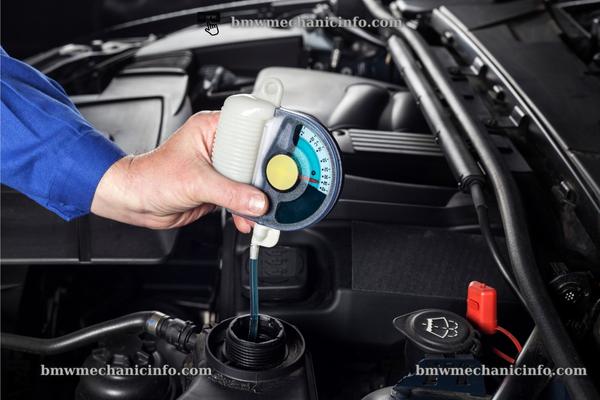
Using the correct coolant for your car is essential, as it can significantly extend engine life. Check your owner’s manual to determine what kind of coolant should be used. Coolants are typically liquids composed of half water and half ethylene glycol. These ingredients transfer heat, decreasing the fluid’s melting point in colder climates.
Antifreeze can typically be bought at your neighborhood auto parts store. They often come premixed, so all that’s left for you to do is add them to your system. However, mixing antifreeze with distilled water before applying it to your BMW is always wise to prevent potential issues.
What makes it different from other coolants?
BMW is one of the highest-end car brands worldwide, so it takes great care in designing its engine and cooling system for optimal functionality. Selecting the correct coolant is a critical step in this process.
BMW antifreeze coolant comprises chemicals designed to meet various demands, such as anti-foam properties, improved heat transfer rates, and corrosion protection. The primary coolant component is ethylene glycol (also known as antifreeze).
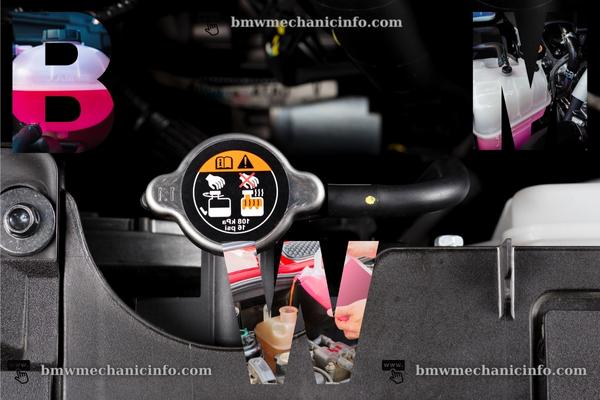
This substance boasts superior heat dissipation properties and a high boiling point and shallow freezing point, making it perfect for internal combustion engines that experience temperature swings. Modern coolants usually contain ethylene glycol and other additives to protect metal parts in engines and cooling systems from damage.
